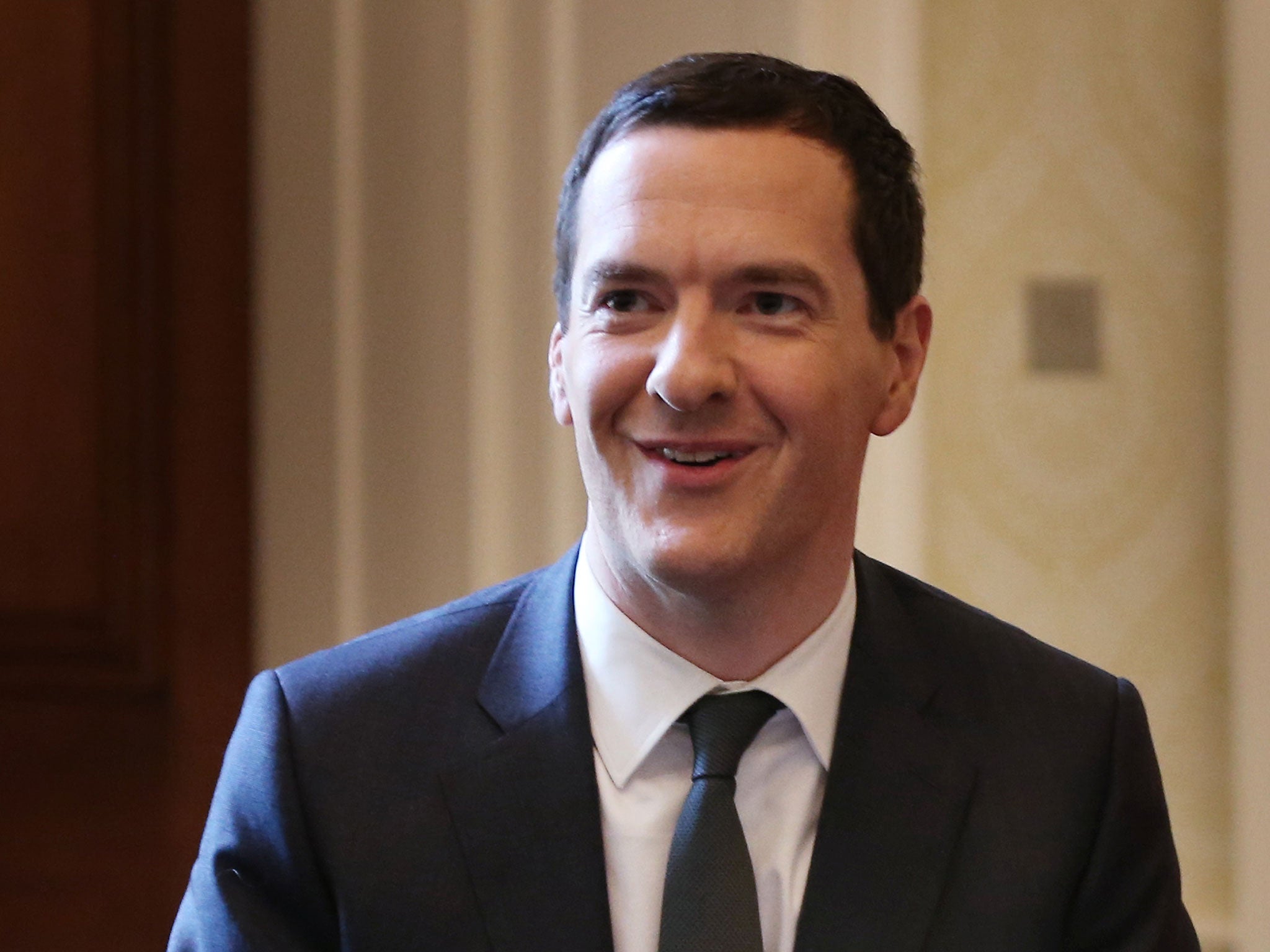Tax receipts produce £1.3bn July surplus
Public sector finances posted a July surplus for the first time since 2012

The biggest income tax boost to the Treasury’s coffers for at least 18 years helped the UK’s public finances deliver a £1.3bn surplus in July, official figures showed yesterday.
July is usually a strong month for tax receipts as self-assessment income tax and corporation tax receipts flood in. The surplus was the first for the month since 2012, in a sign that the wider economic recovery is finally feeding through into the public finances.
The figures showed £18.5bn in income tax collected over the month – nearly £1bn more than last year and the best for the month since the Office for National Statistics began collecting figures in 1997. Corporation tax takings also rose nearly 4 per cent to £6.8bn.
The surplus will be welcome news to Chancellor George Osborne. The deficit stands at £24bn for the four months of the financial year so far, down by £7.3bn compared with the same period last year. That leaves him on track to beat the £69.5bn borrowing target for the year as a whole, set by the Office for Budget Responsibility. Hitting the target would reduce the deficit to 3.7 per cent of GDP from 4.9 per cent in 2014/15. The OBR said: “Income tax, National Insurance contributions and corporation tax receipts have all recorded stronger growth so far this year than the full-year forecasts we published in July.”
Experts said the Treasury was benefiting from stronger economic growth – up 0.7 per cent between April and June – as well as keeping government spending in check, down £100m on last year at £222.2bn for the first four months of the financial year.
Capital Economics’ senior UK economist Samuel Tombs highlighted that before the financial crisis, July’s surplus typically stood at around £3bn. But he added: “If this trend persists over the remaining eight months of the fiscal year, this year’s deficit would be £67bn, about £2bn lower than the OBR forecast.”
But CEBR economist Sam Alderson warned: “Some caution should be exercised. We expect that reductions in borrowing in the coming years will be harder to achieve as GDP growth slows, with key drivers such as consumer spending decelerating next year as the current period of noflation comes to an end.
“Additionally, the global economy is, if anything, more concerning than when David Cameron warned that red warning lights were flashing on the global economy at the G20 in November last year.”
Public sector net debt – stripping out state-controlled banks, totalled £1.5trn in July – up £73.4bn on the month and equivalent to 80.8 per cent of GDP. Mr Osborne also hopes to lower this ratio in the 2015/16 financial year after it rose sharply following the financial crisis.
Join our commenting forum
Join thought-provoking conversations, follow other Independent readers and see their replies
Comments
Bookmark popover
Removed from bookmarks